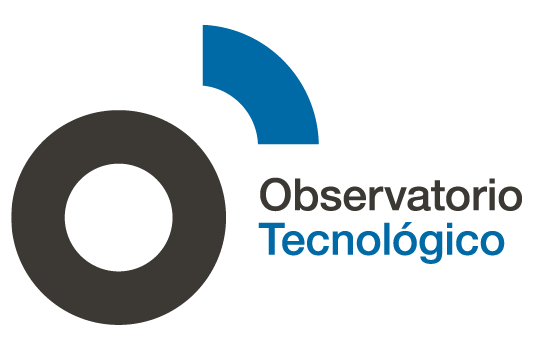Autores: Valença Schwob, M.R.|Henriques, M.|Szklo, A.
Fuente: Applied energy
86 (9), 1524-1531
2009
The red ceramic industry in Brazil, consisting of over 7000 companies, requires large amounts of thermal energy, currently being met mainly by native fuelwood, which causes serious deforestation and soil erosion problems. The use of firewood does not allow achieving good energy performance in industrial ceramic kilns, causing high energy losses, low productivity and low quality products (bricks and roof tiles). Thus, to implement higher added value products, besides mitigate environmental problems caused by deforestation, the use of natural gas by the sector seems to be a promising alternative. Brazil?s natural gas market has grown at a fast pace in recent years. Its share in the country?s primary energy consumption increased from 3.7% to 9.3% between 1998 and 2007, compared to almost 21% in the world. The development of the Brazilian natural gas industry was grounded on stepping up supplies through integration with Bolivia from where natural gas is imported, together with fiscal incentives for promoting the demand. This paper estimates that the natural gas market that could be developed in the Brazilian red ceramic industry corresponds to less than 5% of the total industrial natural gas consumption, meaning that a major technological transformation of the country?s red ceramic industry will not severely affect the natural gas market equilibrium, contributing to reduce the country?s high rates of deforestation.
Si desea obtener más información sobre este contenido contacte con nuestro Centro de Documentación
Regístrate para leer más

